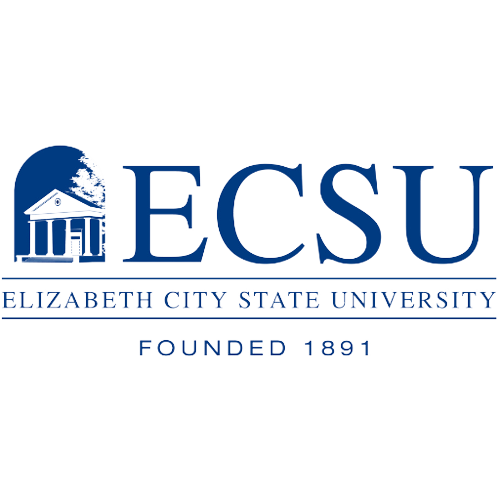Courses (Preview)
Core Computer Science Courses: The program includes core courses in computer science that cover foundational topics such as programming, data structures, algorithms, computer architecture, software development, databases, operating systems, and computer networks. These courses provide a solid understanding of computer systems, software development principles, and programming languages.
Core Mathematics Courses: The program also includes core courses in mathematics that cover fundamental topics such as calculus, linear algebra, discrete mathematics, probability, statistics, and numerical methods. These courses provide a strong foundation in mathematical principles and techniques.
Applied Mathematics: Applied mathematics courses focus on the application of mathematical concepts and techniques to solve real-world problems. Topics may include mathematical modeling, optimization, differential equations, mathematical finance, cryptography, or data analysis. These courses help students develop the skills to apply mathematical reasoning and problem-solving strategies in practical contexts.
Algorithms and Data Structures: Courses in algorithms and data structures provide students with the knowledge and skills to design efficient algorithms, analyze their performance, and implement data structures to store and manipulate data effectively. These courses are essential for developing computational problem-solving abilities.
Mathematical Computing: Some programs may offer courses that combine mathematics and computing concepts, such as numerical analysis, scientific computing, computational geometry, or symbolic computation. These courses explore the intersection of mathematics and computing and teach students how to use computational tools to solve mathematical problems.
Mathematical Logic: Courses in mathematical logic introduce students to formal systems, proof techniques, and logical reasoning. They provide a foundation for understanding the theoretical aspects of computer science, such as computability, complexity theory, and formal languages.
Electives and Specializations: Students may have the opportunity to choose elective courses or specialize in specific areas of interest, such as machine learning, data science, computer graphics, cryptography, or operations research. These options allow students to tailor their studies to align with their career goals or pursue specific areas of expertise.
Software Development Projects: Many programs incorporate software development projects or group projects to provide practical experience in applying computing and mathematical principles to real-world scenarios. These projects help students develop teamwork, project management, and software development skills.
Research Opportunities: Some programs offer research opportunities, allowing students to engage in independent or collaborative research projects under the supervision of faculty members. These experiences provide hands-on research skills, critical thinking abilities, and the opportunity to contribute to advancements in computing science and mathematics.
Show less












